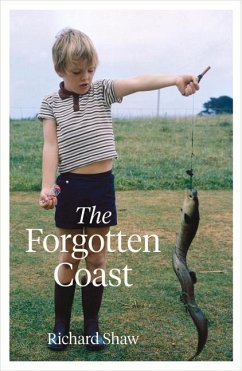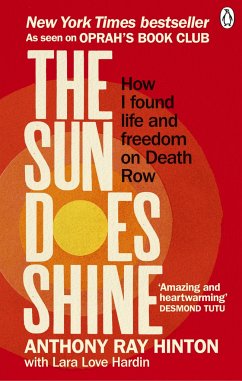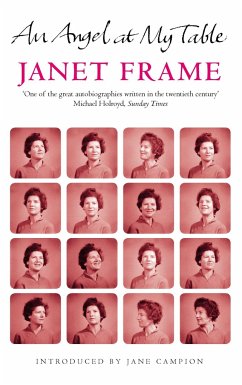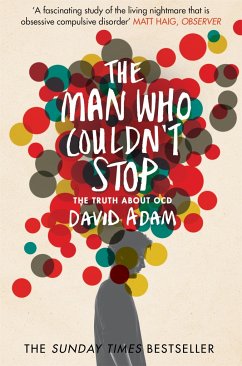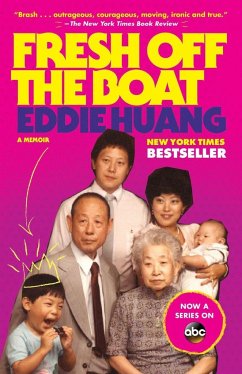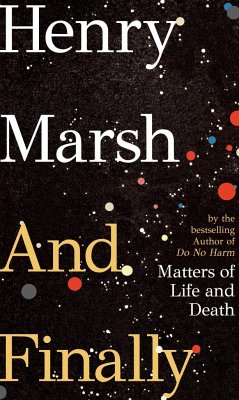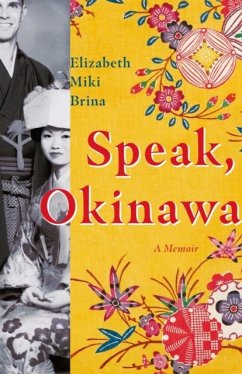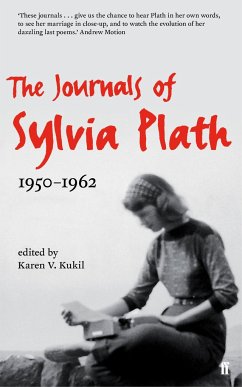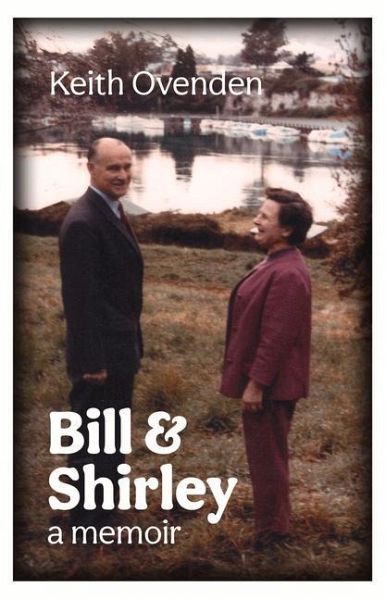
Bill and Shirley: A Memoir
A Memoir
Versandkostenfrei!
Versandfertig in über 4 Wochen
24,99 €
inkl. MwSt.

PAYBACK Punkte
12 °P sammeln!
Bill Sutch and Shirley Smith were two of New Zealand's most significant twentieth-century figures: Sutch as an economist, influential civil servant, and inspirational proponent of innovation in the fields of social and economic development; and Smith as glass ceiling breaker and sole practitioner in the formerly male dominated world of the law. This wise, urbane memoir begins with the early years of Keith Ovenden's marriage to their only child, Helen Sutch, and carries through Sutch's trial on charges brought against him under the Official Secrets Act, all the way to Shirley's death over thirt...
Bill Sutch and Shirley Smith were two of New Zealand's most significant twentieth-century figures: Sutch as an economist, influential civil servant, and inspirational proponent of innovation in the fields of social and economic development; and Smith as glass ceiling breaker and sole practitioner in the formerly male dominated world of the law. This wise, urbane memoir begins with the early years of Keith Ovenden's marriage to their only child, Helen Sutch, and carries through Sutch's trial on charges brought against him under the Official Secrets Act, all the way to Shirley's death over thirty years later. It offers unprecedented insights into the accusations against Sutch, as well as Smith's remarkable legal practice, and behind both, some of the dramas of their domestic life. Deeply intelligent and beautifully crafted, it offers a unique and intimate study of two complex and fascinating New Zealanders.



